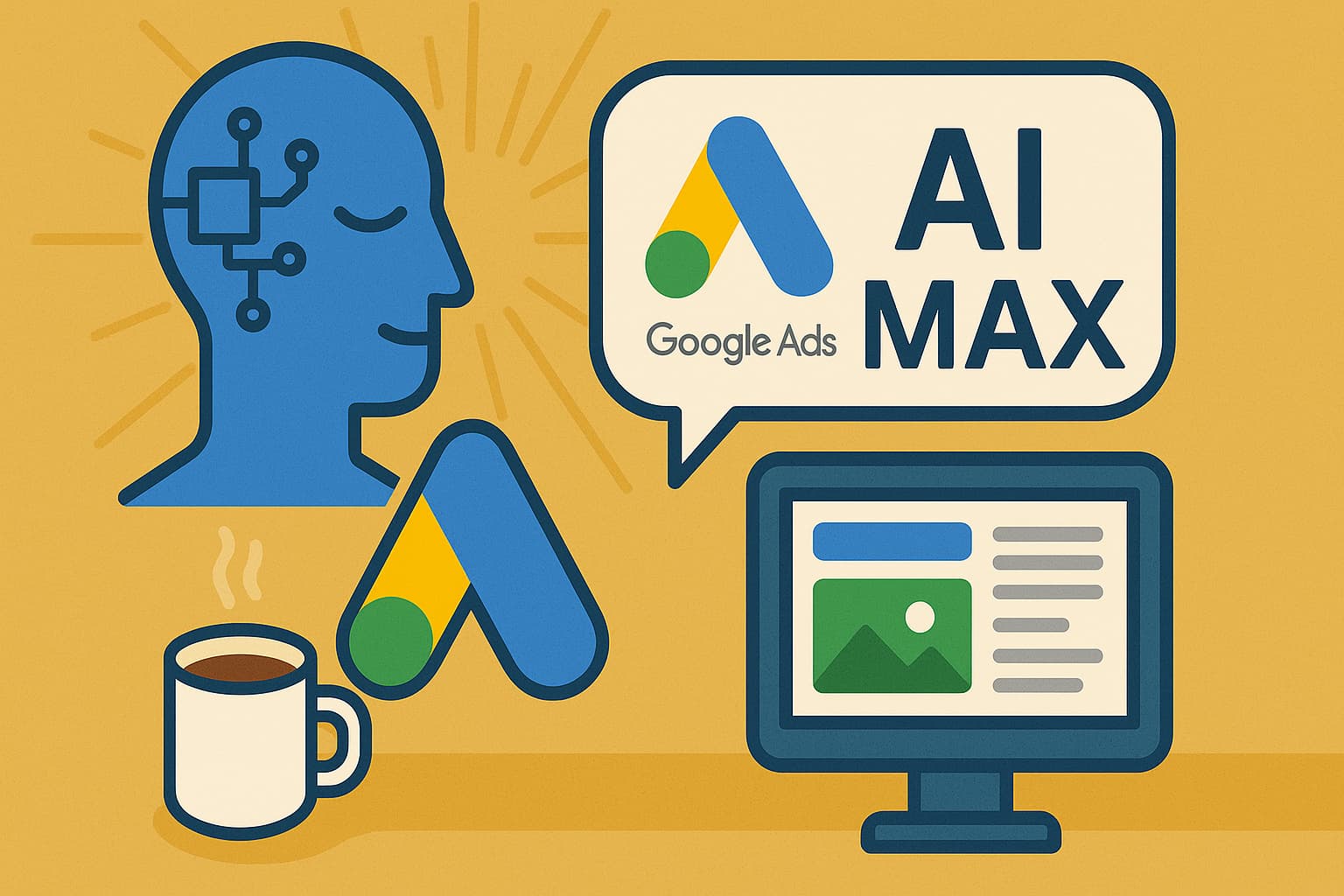I’ve had the pleasure of meeting a number of small business owners in recent months through a variety of workshops and consultation sessions. I’m surprised (and encouraged) at the number of really good questions I’ve been getting about content creation. Small business owners are seeing a need for quality content and are eager to try things like blogging, podcasts and videos. They are quick to latch onto the “how”.. how to set up a blog, how to create a video and how to share content via social media. It’s the “what” that stumps them. What are they supposed to talk about?
The key is to not overthink things. Sure you want to create content that your audience will care about. You want it to be fun and informative while carrying forward aspects of your brand. That’s stuff that we need to worry about eventually. But we need to first get our content plans off the ground.
There’s a 99.99% chance that you’re in business because you’re pretty good (hopefully really good) at something. That’s a good place to start. What are you good at? What makes you better than the next guy?
If you’re really good at something, you’re probably quite knowledgeable. People pay you for your knowledge and skill. If someone is looking for the best wedding cake decorator in town and you can show them that you’re the best, they’ll pay you to do the job. They’re not interested in paying someone with little skill to do a job that they can do better.
So how do you prove to someone that you know what you’re doing? You share your knowledge… (for free).
Meet Don. He’s a handyman in beautiful Cincinnati, Ohio. In an effort to drum up some business for his handyman company, he created a series of YouTube videos showing us just how good he is at remedying little problems around the house. Have a question about something around your house? Don has the answer. If I lived in Cincinnati and was in need of some work around the house, Don seems like a pretty appealing choice. If a guy is confident enough to show the world that he can fix a plugged drain via YouTube, I’m pretty sure he is knowledgeable enough to fix my plumbing problem.
https://youtu.be/YwANFKK__kk
It’s not just small businesses that are jumping on the “share knowledge” bandwagon. Here’s a video from the folks at Home Depot. They use videos like this one to share knowledge in an effort to sell products required to do the job. They cater to the DIY crowd and these videos are a perfect example. They show Joe DIY a simple trick to “de-hair” his tub drain.. and if that doesn’t work, they show off a variety of tools available at Home Depot that can help finish the job.
There are a number of key takeaways after checking out these examples:
- Rogue hair is the most common cause of plugged drains.
- One of the biggest assets a business has is knowledge. Sharing your knowledge demonstrates to the consumer that you know what you’re doing. If you’re perceived as an “expert” on a particular topic, people will gravitate towards you and they’ll be willing to pay for your expertise.
- Creating content that answers a question is important. People use search engines to answer questions. What are the most common questions you get? What type of content can you create to answer those questions. Handyman Don’s videos answer commonly asked household questions. His clogged drain video didn’t attract over 430 000 views by accident…
- Knowledge sharing posts and videos typically do well on social media. You’re offering your expertise and knowledge as a service and people will often have follow up questions. That’s your chance to continue the conversation and hopefully work towards a conversion.
- Don’t worry about giving away your knowledge for free. You’re essentially using this content as a way to demonstrate your expertise. Even if someone stumbles across your content and they’re able to solve their own problem, you’ve still done your job. You’ve made a positive impression on them and you’ve shown them that you know what you’re talking about. When another problem arises, they’ll turn to those sources that they know and trust. Hopefully that’s you. Others might come across your content and, although you give them explicit instructions on how to solve the problem, they’ll decide to contact you anyways. That happens a lot.
Don’t discount the knowledge in your head. Information that you may think is boring and mundane could be extremely valuable to your audience. People thrive on knowledge and tend to support those that supply them with trustworthy advice. Who knows.. maybe your DIY video series becomes a big hit and you can live the life of YouTube royalty. Just ask our friend Dino below. 6.2 million viewers have turned to him for advice and entertainment. And bizarre in-video animations and sound effects….
Recent Posts
Boost Business Efficiency with Google Workspace Automation Tools
Streamlining Your Business with Google-Based Automations Hey there, fellow business owners! If you’re like most of us, you probably feel like there just...
Harnessing Google Tag Manager for Better User Insights and Performance Tracking
Unlocking the Power of Google Tag Manager: Simplifying Tracking and Understanding User Behavior Hey there, fellow business owners! If you’re navigating the digital...
AI Max: Transform Your Google Search Ads Strategy Today
Unleashing the Power of AI with Google Ads’ New AI Max Hey there, fellow business owners! If you’re anything like us at Strong...


